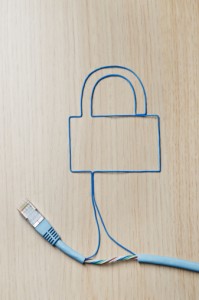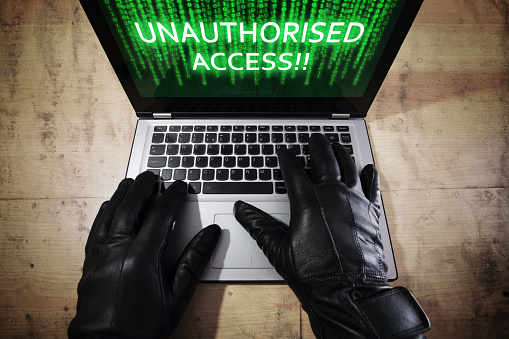Does Your Business Technology Need to “Grow Up?”
Do you need to incorporate updated technology into your existing network? Is your small or medium-sized business taking full advantage of today’s...
1 min read
Lance Stone : Jan 12, 2016 10:34:45 AM
 As technology advances, more and more opportunities for employees to work from remote locations arise. Companies are able to benefit from the fact that workers are able to get work from different places, at different times, and still be productive. In order to do so safely, there are certain things a network should have in place. Here is a list of the 5 most important things your network would have to ensure the data within is safe and secure:
As technology advances, more and more opportunities for employees to work from remote locations arise. Companies are able to benefit from the fact that workers are able to get work from different places, at different times, and still be productive. In order to do so safely, there are certain things a network should have in place. Here is a list of the 5 most important things your network would have to ensure the data within is safe and secure:
For companies that require a server to be kept onsite, there is a variety of ways to allow remote access for employees. Unfortunately, hackers are well educated on all of them. Having a good VPN device in place, as well as using encryption to safeguard information, can be effective at keeping hackers at a safe distance.
In order to safely and effectively enable employees to access corporate data remotely, it is critical to have an established set of policies in place to determine protocols regarding when data is accessed remotely, as well as that happens when access is no longer granted. This will include policies as to having mobile devices of discharged employees so company emails and contacts are wiped.
Protecting the on premise systems alone is not enough. All systems connecting to the network in any way need to be properly protected as well. If employees connect to the network via VPN, they need to be protected from any malware or viruses the same way as your other systems. If this is not done, any malware programs can possibly find their way into your network, compromising your data.
In order to maintain job performance and keep systems secure, office computer systems need to be properly managed to include the latest patches. This is also true for any computers that are used to connect remotely. By having computers that are not current on patching, vulnerabilities could be exploited.
A Unified Threat Management (UTM) device provides several functions, including not only the VPN, anti-virus, anti-spam, content filtering and network intrusion prevention, but much more. This one device provides a wide range of security functions for your network, as well as provide regulatory compliance for such regulators as HIPAA, and others.
Find out more ways to safeguard information while still enabling remote workers to stay productive. Call {company} at {phone} or email us at {email} to learn more about our managed IT services.


Do you need to incorporate updated technology into your existing network? Is your small or medium-sized business taking full advantage of today’s...

If you use a Netgear router in your home, you may want to consider turning it off immediately for your own security. Learn more about the Netgear...

Companies with Remote Workers Have an 87% Higher Employee Retention Rate… Why Not Leverage the Cloud to Let Your Staff Work From Home?

On Time Tech is an IT Support and Computer Services company serving California. We provide services to the areas in and around We know businesses like yours need technology support in order to run highly-effective organizations. Leverage pro-growth technology services for your company now.
© 2026 On Time Tech